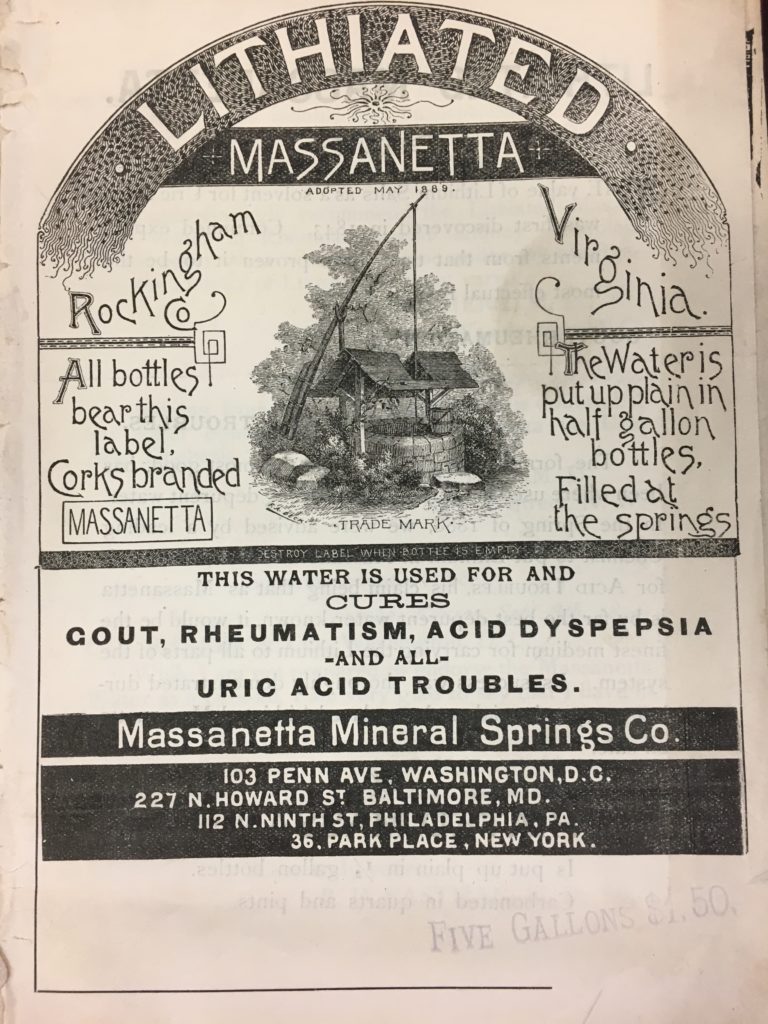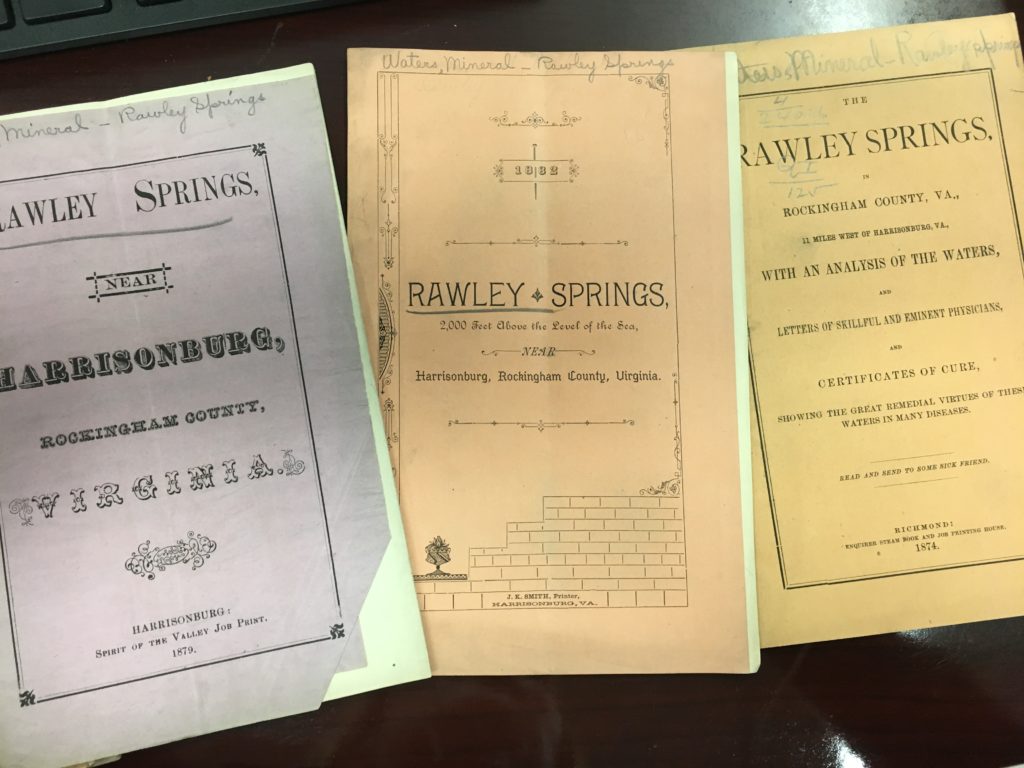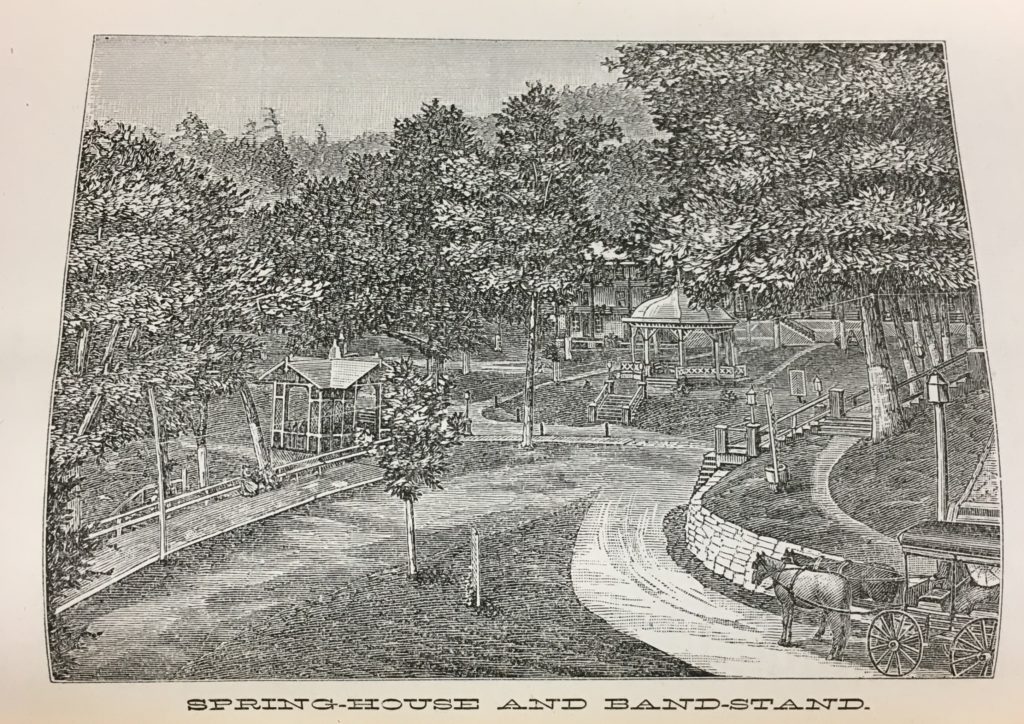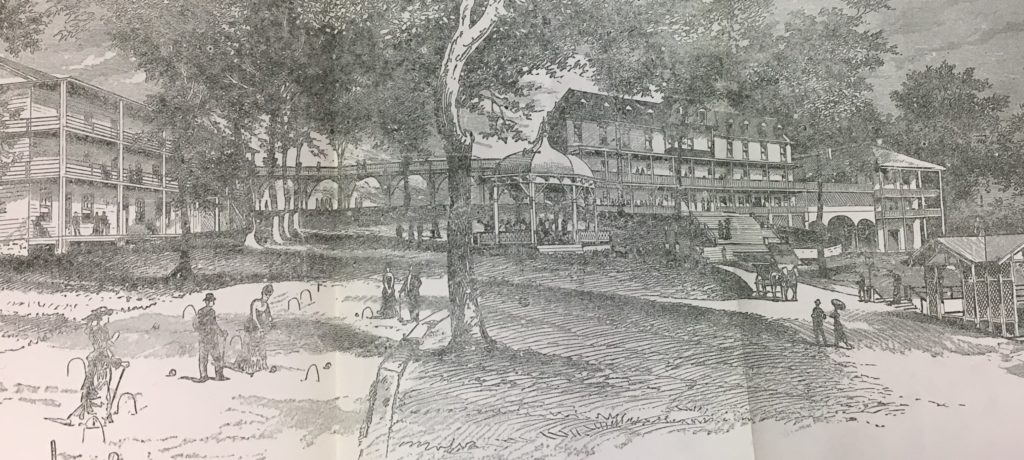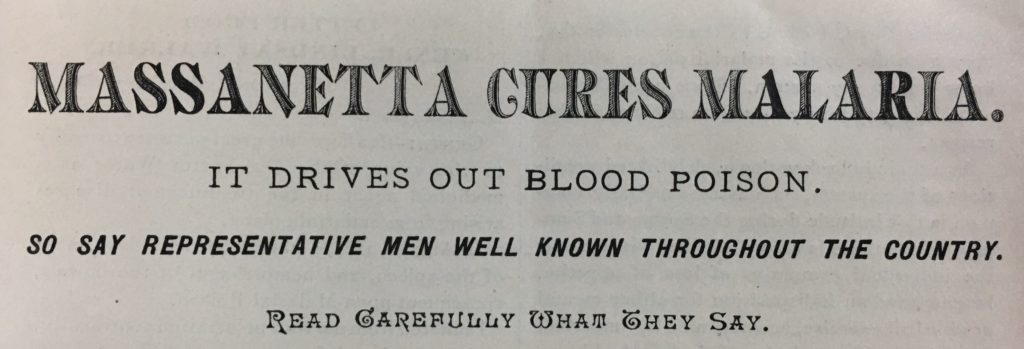~This post courtesy Polina Ilieva, Head of Archives and Special Collections, University of California, San Francisco.
Memory Lives On: Documenting
the HIV/AIDS Epidemic is
an interdisciplinary symposium exploring and reflecting on topics related to
archives and the practice of documenting the stories of HIV/AIDS.
The task of documenting the
history of HIV/AIDS and thinking about the present and future of the epidemic is
daunting. The enormity and complexity of the stories and perspectives on the
disease, which has affected so many millions of patients and families around
the world, present significant challenges that demand continual
reexamination. Questions of “what do we collect and from where” and “whose
stories do we know best.” The ways in which we handle documentary evidence
and produce knowledge from that evidence has profound effects on a huge range
of social, economic and health outcomes. In examining and reflecting on our
knowledge of the history of the HIV/AIDS Epidemic and its future, we hope to
improve our understanding of the true effects of the disease, and what it can
teach us about future epidemics.
The program committee
invites submissions for presentations addressing the HIV/AIDS epidemic
from the wide-ranging perspectives of historians, archivists and librarians,
artists, journalists, activists and community groups, scientific researchers, health
care providers, and people
living with HIV. We
invite proposals from individuals with diverse experience and expertise on the
HIV/AIDS epidemic in scholarship, research and advocacy. Proposals will be
considered in a variety of forms including paper presentations, panel
discussions and posters.
The Symposium will take place
in Byers Auditorium in Genentech Hall at the UCSF Mission Bay Campus in San
Francisco, October 4th and 5th 2019. The program will be an afternoon
session and evening reception the first day, followed by a full day of
presentations the second.
The Program Committee has
identified the following themes to consider when developing your proposal,
though we encourage creativity and experimentation in exploring themes,
partnerships, and narrative ideas.
- Documenting the epidemic: Gaps, silences
and unheard voices
- Creating an interdisciplinary narrative
of an epidemic
- Silent no more: Community, caretaker and
patient stories
- The San Francisco Bay Area’s Response to
the AIDS Epidemic
- Biomedical story: From mystery disease to
cure
- From local to global: Learning from AIDS
to address future epidemics
The Program Committee
welcomes proposals for individual papers, panel discussion and posters.
Individual papers with a similar focus will be assembled into a single session
by the program committee. Usually 3-4 papers are included in a session.
To allow adequate time for
questions and discussion, panels should be limited to four participants
in addition to a chair/facilitator.
Please include the following
in your complete proposal
- Session title if submitting a full panel
proposal (of no more than 20 words)
- Session abstract if submitting a full
panel proposal (up to 500 words)
- Short session abstract for the program if
submitting a full panel proposal (up to 50 words)
- Paper or poster or presentation titles
(if any), and names of corresponding presenters
- Biographical paragraph for each
presenter
- E-mail address for each participant
- Affiliation, city, state, and
country for each participant
- Social media handles or web
addresses for each participant (optional)
- Audiovisual needs
- Special accommodation needs
The deadline for submissions
is June 3. We will notify presenters if their proposal has been accepted by
July 22.
Memory Lives On Program Committee
Monica Green, Ph.D.,
Professor of History, Arizona State University
Victoria Harden, Ph.D.,
Director (retired) of the Office of NIH History
Richard McKay,
DPhil, Director of Studies for HPS at Magdalene College
Barbara A. Koenig, Professor
of Medical Anthropology & Bioethics in the Department of Social &
Behavioral Sciences, Institute for Health & Aging and Head of UCSF
Bioethics Program
Jay Levy, MD, Professor UCSF
School of Medicine
Eric Jost, Digital Marketing
Manager, SF AIDS Foundation
Jon Cohen, Staff writer for Science
Magazine
Mark Harrington, Executive
Director, Treatment Action Group
William Schupbach, Wellcome
Library
Jason Baumann, Susan and
Douglas Dillon Assistant Director for Collection Development and Coordinator of
Humanities and LGBT Collections
Polina Ilieva, Head of
Archives & Special Collections, UCSF Library
Submit a proposal: http://tiny.ucsf.edu/A2nohy
For any inquiries contact
David Krah david.krah@ucsf.edu
More information about the
UCSF AIDS History Project: https://www.library.ucsf.edu/archives/aids/






